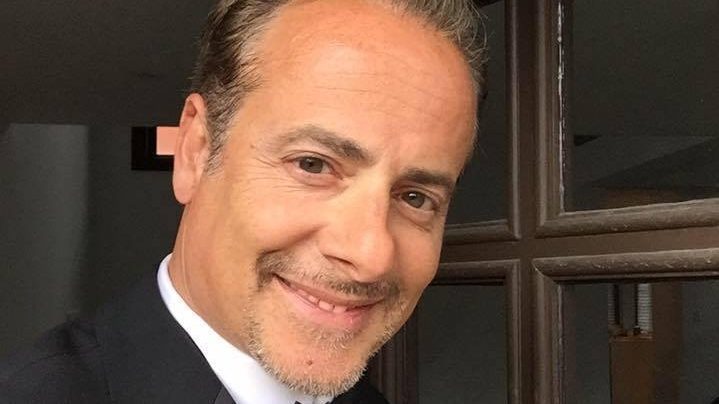
Ziad Nasreddine/Facebook
Ziad Nasreddine is a Canadian doctor who designed the cognitive test that President Trump has recently bragged about in several interviews with Fox News.
Trump told Fox News’ Sean Hannity in a phone interview on July 9 that he took a cognitive test “very recently” at Walter Reed National Medical Center and impressed the doctors, who, according to the president, said his performance was “unbelievable” and “rarely does anybody do what you just did.”
“I proved I was all there because I aced it. I aced the test,” Trump said, responding to questions about his mental fitness from what he called the “radical left.”
When Hannity told Trump that his presidential rival Joe Biden said he had taken cognitive tests, Trump said Biden must have meant COVID-19 tests. “He hasn’t taken any cognitive tests because he couldn’t pass one,” Trump insisted.
According to the New York Times, the White House did not release information about the test that Trump claimed to have taken recently and it’s not clear whether the president was referring to the cognitive test he did in 2018.
Trump went on to describe details about the test in two more interviews with Fox News, while Nasreddine, the doctor who designed the test, told MarketWatch that the test was “supposed to be easy.”
Here’s what you need to know:
1. Nasreddine Said the Test He Designed Was ‘Supposed to Be Easy’ & People Misunderstood It
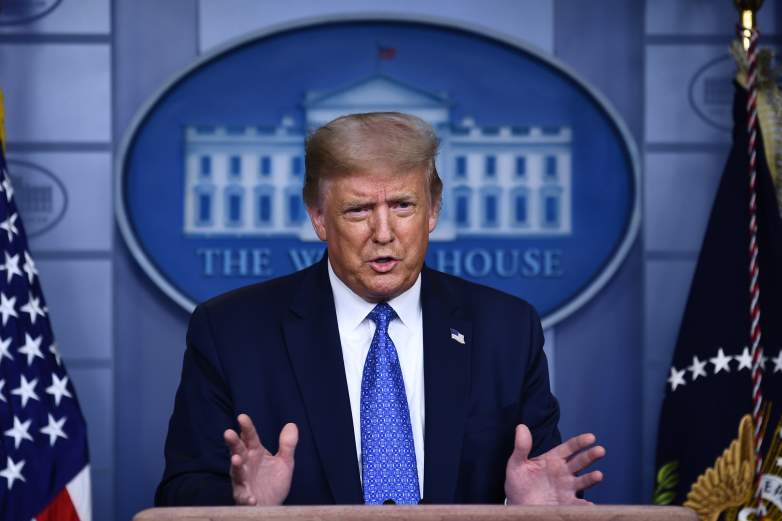
GettyPresident Trump said he “aced” a cognitive test.
In an interview with Fox News Sunday‘s Chris Wallace, Trump mentioned the test again when Wallace cited a Fox News poll which showed that people believed Biden was mentally sounder than Trump.
The president responded by suggesting Biden take the same test, but Wallace, who said he had also taken the test, told Trump that “it’s not the hardest test,” mentioning one of the questions that asked test-takers to identify animals.
Trump said what Wallace just shared was a “misrepresentation” of the test and that the questions got more and more difficult. “I bet you couldn’t even answer the last five questions,” Trump challenged both Wallace and Biden. “I guarantee you that Joe Biden could not answer these questions.”
While Trump seems to think the test indicates one’s IQ or capabilities, according to the Washington Post, medical experts have said the test is not what Trump thinks it is.
Including Nasreddine. He told MarketWatch in a recent interview that the test, known as the Montreal Cognitive Assessment (MoCA), was being misunderstood. “It’s supposed to be easy for someone who has no cognitive impairment,” he said.
“The purpose is to detect impairment; it’s not meant to determine if someone has extremely high levels of abilities,” he added. “I think there’s misinformation on both sides of the political divide.”
However, Nasreddine said that cognition would be “a pertinent question” when looking at a presidential race involving candidates over the age of 70. Trump is 74 years old, while Biden is 77.
“Dementia becomes more prevalent with age,” Nasreddine told MarketWatch. “Statistically, one person out of four could have cognitive impairment or dementia at age 75. So it is a pertinent question, and it’s not surprising that this is becoming an issue this election.”
2. Nasreddine Created the Cognitive Test in 1996
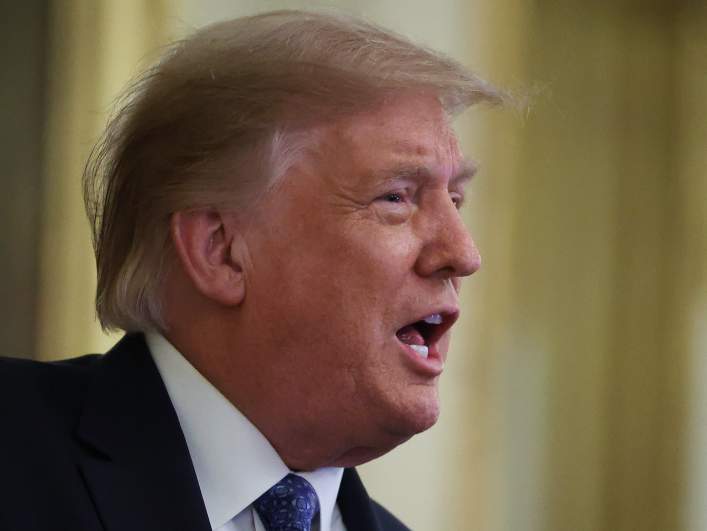
GettyCanadian doctor Nasreddine developed the cognitive test that Trump has bragged about in several Fox News interviews.
The test that President Trump has boasted about is officially known as the Montreal Cognitive Assessment (MoCA). Created by Nasreddine in 1996, it’s a 30-question test that “helps healthcare professionals detect cognitive impairments very early on” and “is the most sensitive test available for detecting Alzheimer’s disease, measuring executive functions and multiple cognitive domains,” according to the test’s website.
“When I came back from a chalet after doing cognitive training there, I realized we did not have a sensitive-enough cognitive screening tool to assess our patients who complain of memory impairment,” Nasreddine said in a 2018 interview with CJAD 800. “The ones that existed were too simple and they were not able to detect early impairment.”
In 1992, he saw the need for a more mature cognitive screening mechanism and created the first comprehensive cognitive test, according to MoCA’s website. In 1996, after many versions and adaptions, Nasreddine developed MoCA.
Now used in more than 200 countries in the world, MoCA measures cognitive abilities including “short-term memory, spatial awareness and executive functioning,” and each question is related to a different part of the brain, MarketWatch reported. Test-takers are asked to perform tasks such as “drawing a clock, identifying animals and remembering words,” according to the Canadian Press.
“This is not an IQ test or the level of how a person is extremely skilled or not,” Nasreddine told MarketWatch. “The test is supposed to help physicians detect early signs of Alzheimer’s, and it became very popular because it was a short test, and very sensitive for early impairment.”
3. Nasreddine Is a Lebanese Immigrant to Canada
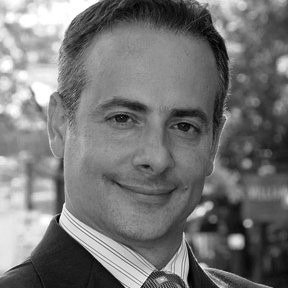
Ziad Nasreddine/LinkedInNasreddine moved to Canada from Lebanon in 1983.
Nasreddine is Lebanese and moved to Canada when he was a teenager, according to the Washington Post. In the summer of 1983, the Nasreddine family, who lost their father to a heart attack a few years earlier, went to visit their relatives in Canada.
Meanwhile, their homeland Lebanon was being ravaged by a civil war, which shut down the country’s main airport in Beirut and prevented Nasreddine from returning home for the new school year, CIC News reported.
The 15-year-old Nasreddine, his sisters and their widowed mother had to stay in Canada. “We came only with our summer clothes and didn’t expect to stay for the winter and the years after,” he told CIC News.
The family soon applied for permanent residency and Nasreddine became a Canadian citizen in 1989, Washington Post reported.
4. Nasreddine Attended Universities in Both Canada & the U.S.
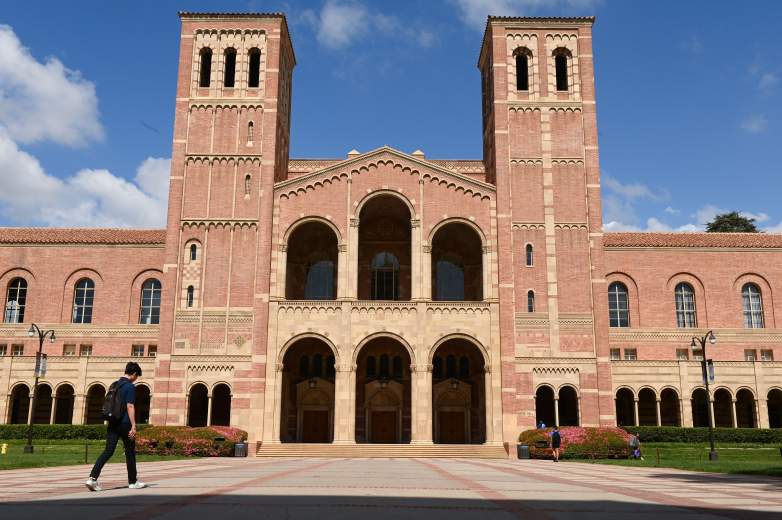
AFP via GettyNasreddine completed a two-year post-doctorate fellowship at UCLA in 1995 and 1996.
Nasreddine first attended medical school at Université de Sherbrooke, a public university in the suburb of Montreal. During that time, he developed an interest in the human brain and was drawn to neurology, according to CIC News.
“I found neurology interesting because the brain is so complex and I was interested in learning how the brain functions — how we think and how we memorize,” he said in the interview. “It’s involved in so many levels of our daily life.”
After graduation, he continued his studies in cognition and completed a post-doctorate fellowship in neurobehavior from the University of California, Los Angeles in 1995 and 1996, the Washington Post reported.
He then returned to Canada and worked at the Charles LeMoyne Hospital in the suburbs of Montreal, where he found the existing cognitive screening tests were comprehensive or sensitive enough, according to the Post.
“When I arrived, I had no help at the clinic, so I had to do all the memory testing myself,” he told CIC News. “There was no short test, so it was either a few hours of testing or two short tests that were not sensitive enough to pick up early memory impairment.” He was also limited to see only two or three patients a day.
The experience led him to develop the MoCA test, which could “measure cognitive functions quicker and in closer detail than other evaluation,” he told the Washington Post. “Thanks to my fellowship, I was able to know which tests were the most sensitive and short.”
5. Nasreddine Didn’t Know Trump Took His Test at First & Was Proud to Have Contributed as an Immigrant
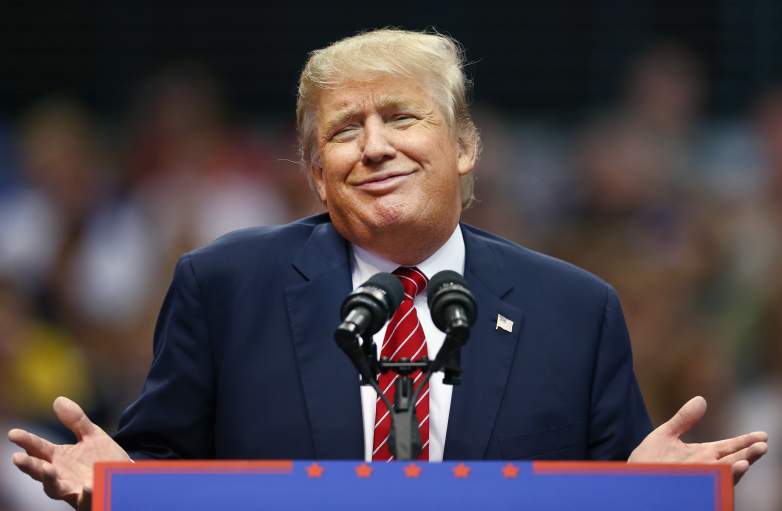
GettyNasreddine said he hoped his contribution as an immigrant could be a message to Trump.
Trump took the MoCA test in 2018 and Dr. Ronny L. Jackson, the then-White House physician, said the president did “exceedingly well,” New York Times reported.
But Nasreddine didn’t know Trump had taken the test he designed until he was contacted by a reporter from the Canadian Press. “It’s really an honor for me,” Nasreddine said. “I’m really thrilled, and happy they decided to use it over other tests.”
He also told the Washington Post about the pride he thus felt: “The fact that the team of doctors around him decided that this was the most appropriate test gives it so much credibility, and confirms that it is actually useful and practical and can give reassurance of someone’s cognition.”
Nasreddine was proud that he was contributing as an immigrant. Aware of Trump’s crackdown on immigration, he told the Canadian Press that his contribution could be a message to the president.
I think immigrants can be proud that they are contributing. And this is a good example, I think, that will be helpful to change views about immigration. And maybe for Mr. Trump himself to consider immigrants as contributors to advancing science, advancing our societies.
However, Nasreddine also said he preferred to stay “in the scientific portion of the debate” and didn’t want to emphasize his political message too much, according to the Washington Post.
READ MORE: Trump Calls on ‘Suburban Housewives’ in Latest Explosive Tweet